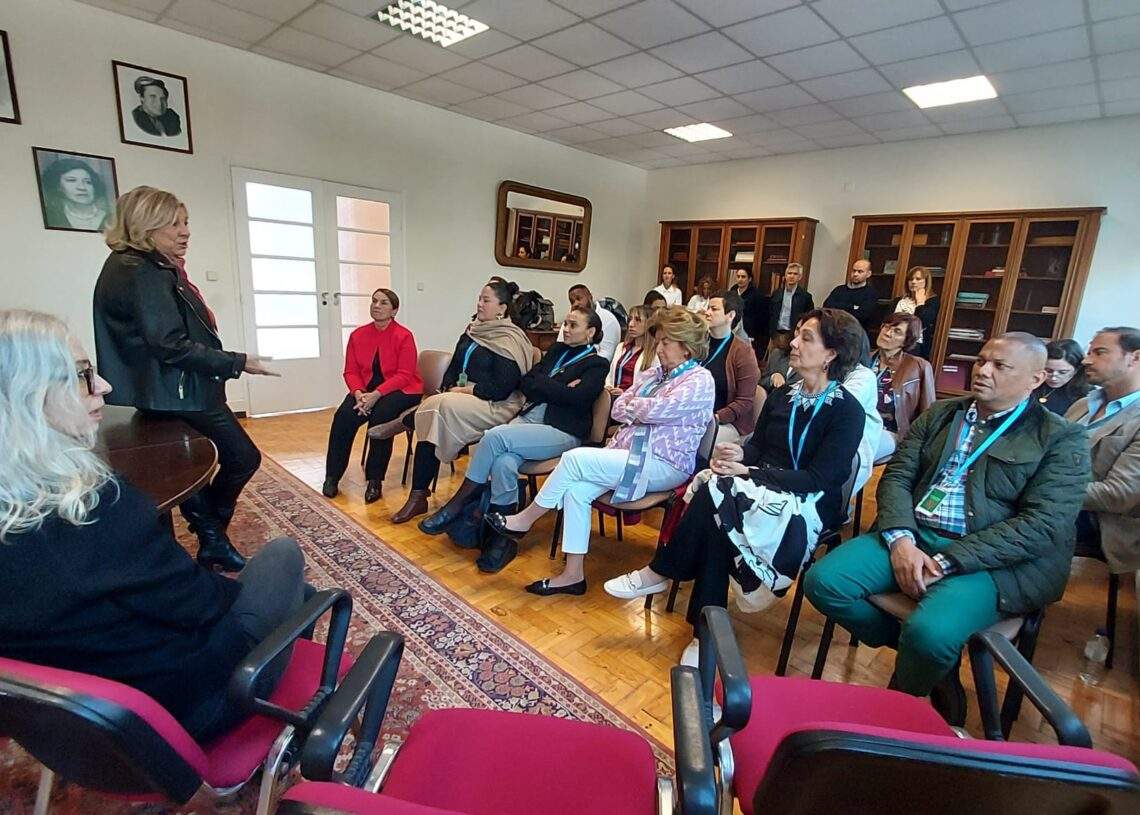The application of a human rights perspective in drug policy is directly related to the importance of focusing on health in policymaking.
Latin America is the region in the world with the highest number of people incarcerated for drug offenses, many of whom were driven to drug use or trafficking by addiction or social exclusion. High levels of incarceration not only have a negative impact on the people who are imprisoned, but it places an economic and stigma burden on families, as well as a vicious cycle of social exclusion that is passed from parent to child. The inclusion of these people, who in many cases carry a criminal record, is also a major challenge for the region.
COPOLAD III supports 14 Latin American countries in developing public policies that can take into account the community approach and territorialization in drug policies. These mechanisms or proposals will be presented in the coming months and will include aspects of treatment, social insertion of the population with problematic drug use or charged with minor drug offenses.
To learn about the situation in prisons and the policy of decriminalization of drug use and harm reduction in prisons in Portugal, representatives from Brazil, Colombia, Portugal, Uruguay, Suriname and the Dominican Republic met in Portugal from October 28 to 30 (the latter online). The 3-day workshop aimed to analyze comparatively good practices and challenges of human rights in prisons. The objective is to promote in the countries public policies of territorialization for the social insertion of people once their incarceration is over.
COPOLAD III supports 12 countries in Latin America and the Caribbean in the development of public drug policies that incorporate a community and territorial approach. These proposals, which will be presented in the coming months, will include aspects of treatment, especially for young people and women, and social inclusion of the population with problematic drug use or people charged with minor drug offenses.
“Community networks have great potential for welcoming people who return to their communities after serving their sentences, but these networks need to be connected to public policy: recidivism rates in both consumption and crime would be much lower,” explains Raquel Barrios, COPOLAD III Program territorialization expert.
Visit to a prison hospital
During the three days of work, organized jointly by COPOLAD and the Portuguese Institute of Addictive Behavior (ICAD) and led by the Brazilian judge Karen Souza, there was a debate on vulnerability and social exclusion, human rights and incarceration policies, and a visit to the San Juan de Dios prison hospital, led by officials from the Portuguese Ministry of Justice and Health. There they were able to learn about the policies for prevention and care of drug use, harm reduction with methadone, as well as the challenges of social inclusion once people are released from the center.
“Right now in Brazil there is a suitable environment to talk about inclusion and human rights in prisons, so it was important for Brazil to be here to inspire us and to develop a pilot program that can improve these aspects,” explains Mayesse Silva Parizi, director of citizenship and penal alternatives of the National Secretariat of Penal Policies of Brazil






